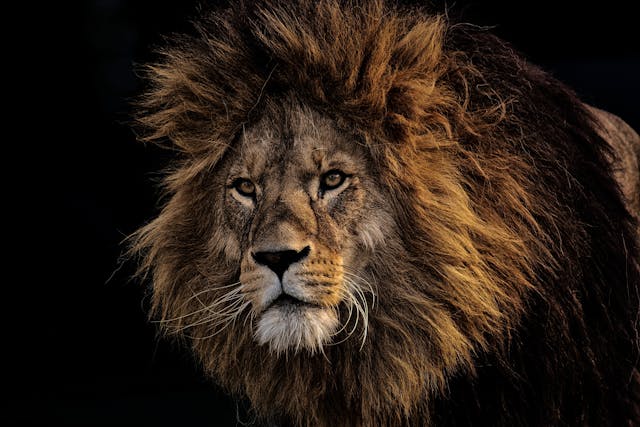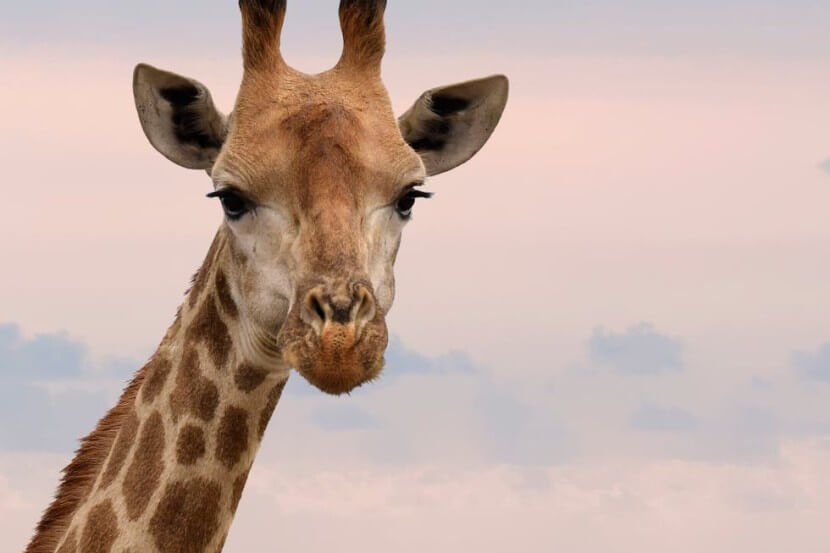Table of Contents
This guide is great for beginners who want to learn the names for a variety of animals through vocabulary lists, example sentences, a quizz, and a short story.
Animal Names in German List
Below is a list of common animals in German, sorted alphabetically based on the German terms. Familiarize yourself with these words to enhance your vocabulary.
- der Adler (the eagle)
- der Affe (the monkey)
- der Bär (the bear)
- die Biene (the bee)
- der Delfin (the dolphin)
- das Eichhörnchen (the squirrel)
- der Elefant (the elephant)
- der Fuchs (the fox)
- die Giraffe (the giraffe)
- der Hai (the shark)
- das Huhn (the chicken)
- der Hund (the dog)
- der Igel (the hedgehog)
- das Kaninchen (the rabbit)
- die Katze (the cat)
- die Kuh (the cow)
- der Löwe (the lion)
- die Maus (the mouse)
- das Nashorn (the rhinoceros)
- der Tintenfisch/die Krake (the octopus)
- der Pfau (the peacock)
- das Pferd (the horse)
- der Pinguin (the penguin)
- das Schaf (the sheep)
- der Schmetterling (the butterfly)
- die Schildkröte (the turtle)
- der Tiger (the tiger)
- der Vogel (the bird)
- der Wal (the whale)
- der Wolf (the wolf)
- das Zebra (the zebra)
Animal Vocabulary in Sentences
Here are some example sentences to help you understand how to use these animal names in context. Each sentence includes the German word, followed by an English translation.

| German Word | German Example Sentence | English Translation |
|---|---|---|
| der Adler | Der Adler fliegt hoch am Himmel. | The eagle flies high in the sky. |
| der Affe | Der Affe klettert auf den Baum. | The monkey is climbing the tree. |
| der Bär | Im Wald lebt ein großer Bär. | A big bear lives in the forest. |
| die Biene | Die Biene sammelt Nektar. | The bee collects nectar. |
| der Delfin | Der Delfin springt aus dem Wasser. | The dolphin jumps out of the water. |
| das Eichhörnchen | Das Eichhörnchen sammelt Nüsse. | The squirrel collects nuts. |
| der Elefant | Der Elefant hat einen langen Rüssel. | The elephant has a long trunk. |
| der Fuchs | Der Fuchs ist schlau. | The fox is clever. |
| die Giraffe | Die Giraffe hat einen langen Hals. | The giraffe has a long neck. |
| der Hai | Der Hai schwimmt im Meer. | The shark swims in the sea. |
| das Huhn | Das Huhn legt ein Ei. | The chicken lays an egg. |
| der Hund | Der Hund bellt laut. | The dog barks loudly. |
| der Igel | Der Igel rollt sich zusammen. | The hedgehog curls up. |
| das Kaninchen | Das Kaninchen frisst eine Karotte. | The rabbit eats a carrot. |
| die Katze | Die Katze schläft auf dem Sofa. | The cat sleeps on the sofa. |
| die Kuh | Die Kuh gibt Milch. | The cow gives milk. |
| der Löwe | Der Löwe ist der König der Tiere. | The lion is the king of animals. |
| die Maus | Die Maus ist klein und schnell. | The mouse is small and fast. |
| das Nashorn | Das Nashorn hat ein Horn auf der Nase. | The rhinoceros has a horn on its nose. |
| der Tintenfisch/die Krake | Der Oktopus hat acht Arme. | The octopus has eight arms. |
| der Pfau | Der Pfau schlägt ein Rad mit seinen Federn. | The peacock displays its feathers. |
| das Pferd | Das Pferd galoppiert über die Wiese. | The horse gallops across the meadow. |
| der Pinguin | Der Pinguin kann nicht fliegen. | The penguin cannot fly. |
| das Schaf | Das Schaf hat weiche Wolle. | The sheep has soft wool. |
| der Schmetterling | Der Schmetterling fliegt von Blume zu Blume. | The butterfly flies from flower to flower. |
| die Schildkröte | Die Schildkröte bewegt sich langsam. | The turtle moves slowly. |
| der Tiger | Der Tiger hat Streifen. | The tiger has stripes. |
| der Vogel | Der Vogel singt im Baum. | The bird sings in the tree. |
| der Wal | Der Wal ist das größte Tier im Meer. | The whale is the largest animal in the sea. |
| der Wolf | Der Wolf heult im Mondlicht. | The wolf howls in the moonlight. |
| das Zebra | Das Zebra hat schwarze und weiße Streifen. | The zebra has black and white stripes. |
German Animal Terms Quiz
Try our German animal vocabulary quiz and find out how much you’ve mastered.
Conclusion
Learning animal names in German is a fun and effective way to expand your vocabulary. These words will help you talk about animals, follow along with stories, and improve your overall German skills.
Viel Spaß beim Lernen! (Enjoy learning!)
Frequently Asked Questions
Why should I learn animal names in German?
Learning animal names expands your vocabulary and helps you understand everyday conversations, stories, and media that involve animals. It’s also a fun way to engage with the language.
Are these animal names used in everyday German conversations?
Yes, these common animal names are used frequently in daily conversations, children’s books, educational materials, and more.
How can I practice using these new vocabulary words?
Practice by creating your own sentences, labeling pictures, taking our quiz, and reading the short story provided. You can also try to describe animals you see in German.
Where can I find more resources for German learners?
Explore our website for more articles, vocabulary quizzes, as well as short stories.

